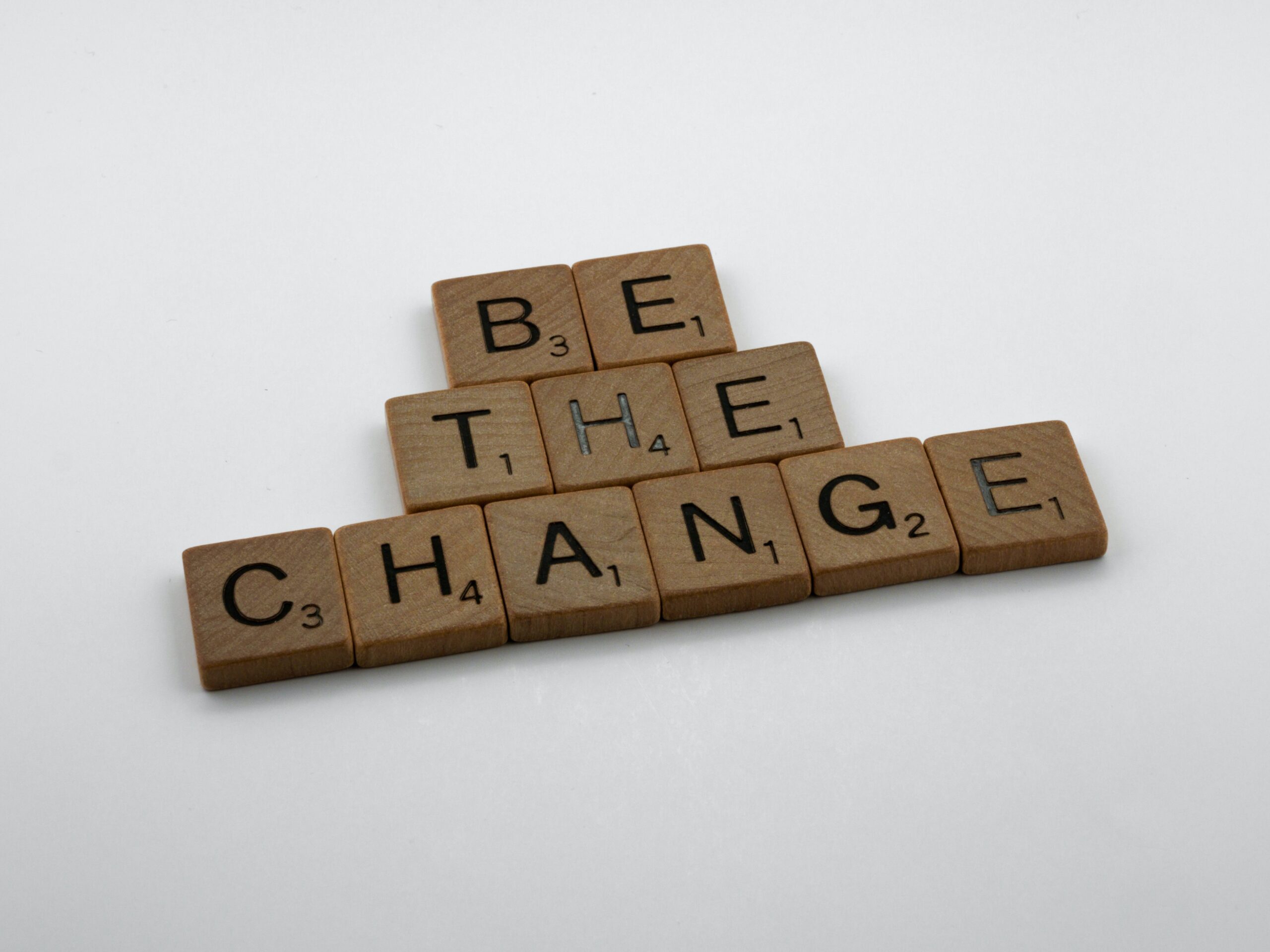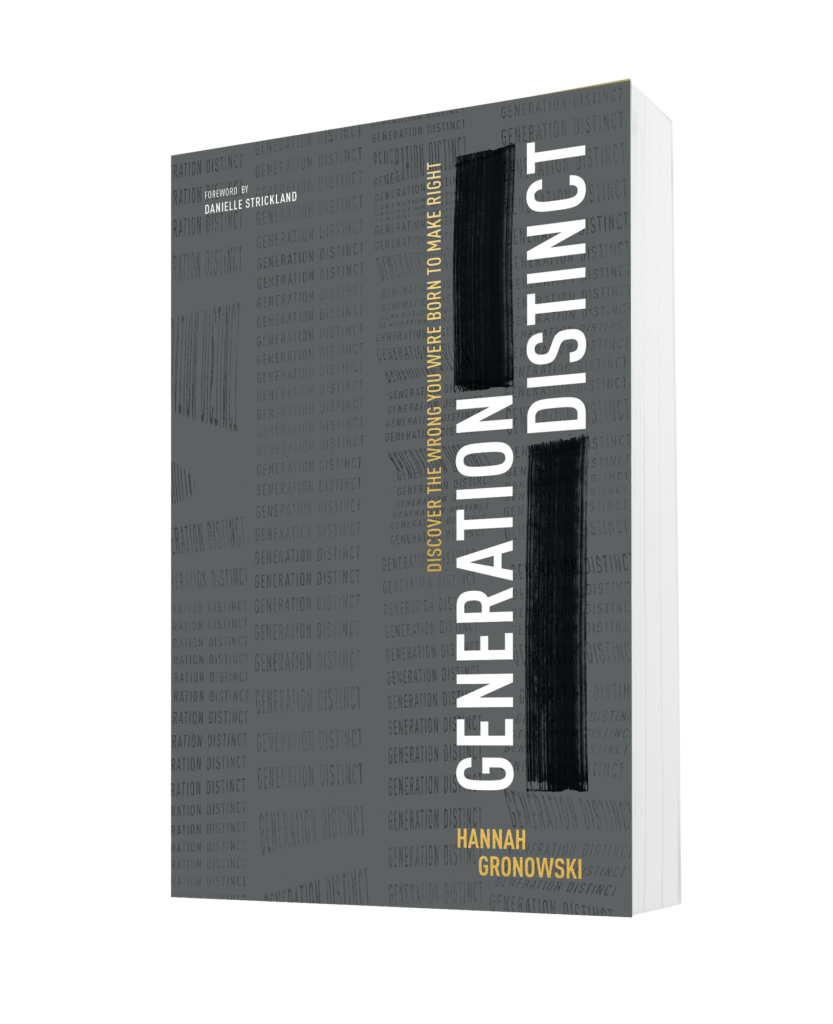My friend Jessica had to escape Burma as a refugee when she was fifteen years old. I think God has a special place in His heart for people who are on the run, fleeing crises in their countries.
Me Too.
I picture Jessica sitting down with Jesus one day and hearing Him say, “Me too. I remember what it felt like to run and flee. You are seen and known.”
The struggle and pain of displaced people is one of the greatest humanitarian crises raging on in our world. I knew I couldn’t just sit back and watch it happen. I had to do something. At first, I thought this meant I had to travel halfway around the world to visit a refugee camp. But it turns out, I was wrong. Fighting injustice doesn’t have to include a plane ride. More often than not, it just looks like hanging out with kids in your own backyard.
I found an organization working with refugees right in my own community.
They empowered me and prepared me to do what I could right where I was. They connected me at an elementary school in an area where a lot of refugee families live. Once a week, I’d hang out with these refugee kids for an hour to help them with homework, hear their stories, love them well, build relationships, and communicate,
At first, I didn’t know what to expect. I walked in very unprepared and somewhat naïve. And that is when I met Chen. Chen was a third grader with a mischievous smile and big, curious brown eyes. She giggled easily. And from the very first day I walked into that school, she made me feel welcome. She made me feel welcome. She taught me that welcome is not just something you extend to people who look like you, or talk like you, or come from the same background as you. It’s for everyone.
One day, she bounded over to me with extra amounts of gusto and exclaimed, “Hannah! Hannah! I have something for you!”
I laughed. “Show me, Chen!” I expected to see the kind of beautiful art that could only come from a spunky third grader, complete with bright colors and exuberant doodles. But instead, she reached out a closed fist. Slowly, she opened her palm—and there in her sweet, small hand was a plastic ring.
“Chen, what do you mean? Is this for me?” Why in the world would she give a gift to me?
“I wanted to get this for you. My mom brought me to the store, and I used my own money to buy this for you. It’s yours.”
Tears welled up in my eyes. In a world where justice seems complicated and hard and political,
Chen understood what justice really means. In a world where she was called unwelcome and out of place, Chen was demonstrating sacrificial love.
I remember friends questioning my decision to volunteer with these refugee children. They told me, “You are so busy leading Generation Distinct. Are you sure you want to add this to your busy schedule?”
In reality, I recognize this time with the students required very little sacrifice from me. The amount of sacrifice doesn’t matter—rather, the very act of sacrifice communicates where your heart really lies.
Chen taught me something I will never forget:
Real love requires surrender.
Sacrifice is the source of all sustainable justice. Unity only arrives when we abdicate our advantage.
Fighting injustice seems appealing until we actually do it. The stories plastered on our Facebook walls, posted on our Twitter feeds, and highlighted on the news channels hardly ever highlight the messy parts of fighting injustice.
Thousands of people watched Mother Teresa win the Nobel Peace Prize. But they didn’t watch her walk through the impoverished streets of Calcutta, wearing shoes too small for her feet, trying to love people who often refused to receive her help.
We have been inspired by Dr. Martin Luther King Jr.’s famous “I Have a Dream” speech.
But far fewer of us have studied the letters he wrote from a bleak prison cell after he was arrested for speaking out against racial inequality.
We love the story of an old, weathered William Wilberforce finally witnessing the abolition of slavery in England. We rarely talk, however, about all it cost him during the painful forty-six years it took to see this injustice defeated.
If we want to join the fight for justice because it seems glamorous, we’re in for a rude awakening. Bringing justice into places of injustice never ensures a life of ease, or glamour, or comfort. The only promise it makes is that our lives will never be the same. We will experience deep pain, be called on to make great sacrifices, and be confronted with real risk. We will be asked to give more than we expected, and we will rarely see success. We will meet real people who live amid shocking suffering. And we will carry heavier burdens than we previously thought possible.
But, if we say yes . . .
if we join the fight . . .
if we show up . . .
if we surrender everything . . .
if we sacrifice all we are . . .
if we risk our comfort . . .
if we enter the mess . . .
if we welcome the burden . . .
we will experience a deeper fulfillment than we ever dreamed possible.
Because we weren’t designed to experience fulfillment the way society says we should. Rather, you and I were created with a wrong we were born to make right. And if our Creator so lovingly gifted us with such important purpose, it is no wonder we only find our deepest fulfillment and greatest joy when living within that purpose.
You’ve been reading from Hannah Gronowski’s book, Generation Distinct. This book is what our world could be if we decide to change it. It’s about making a difference.



